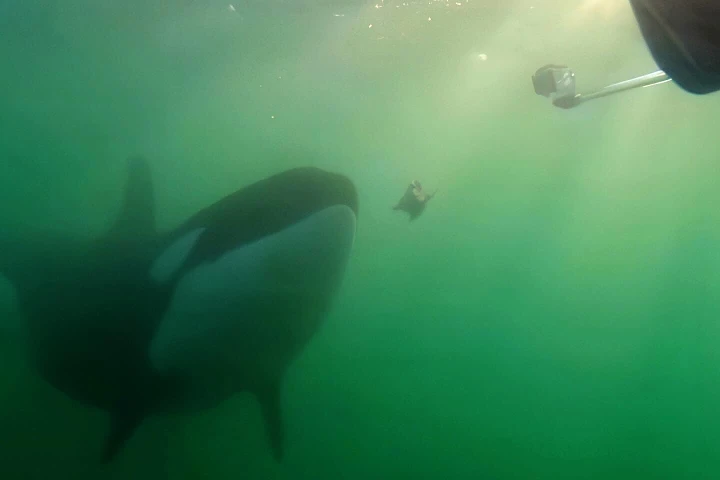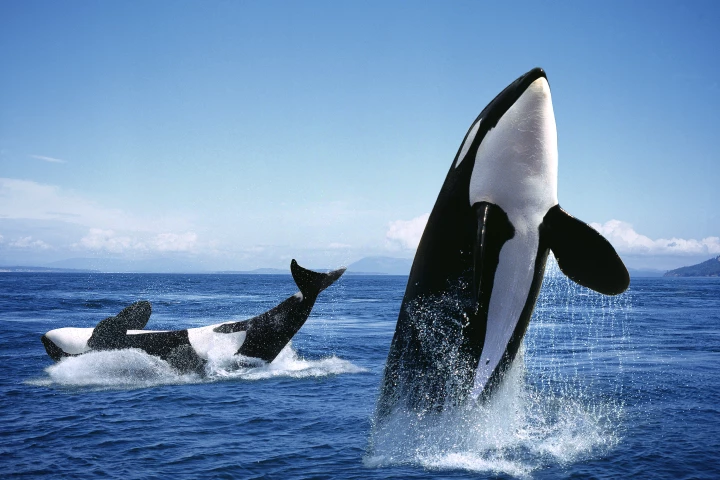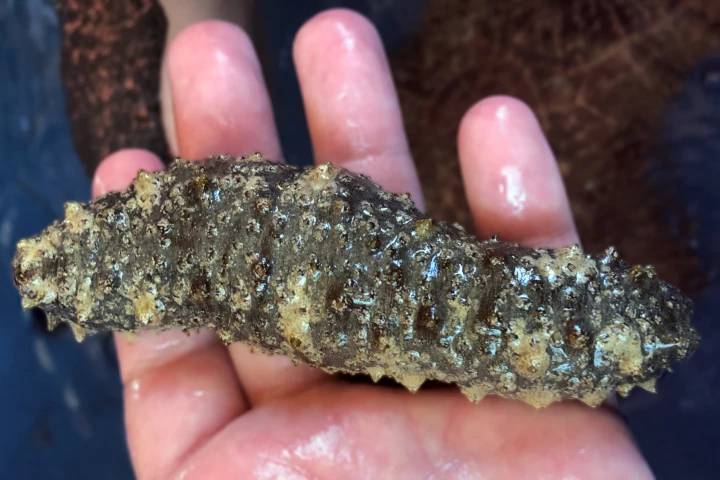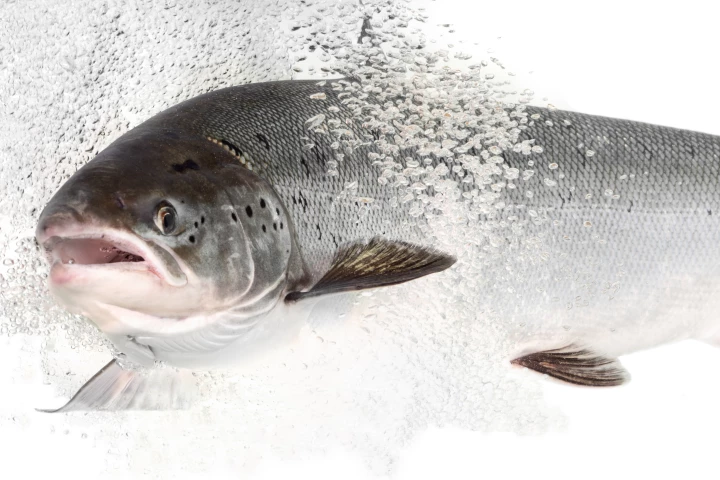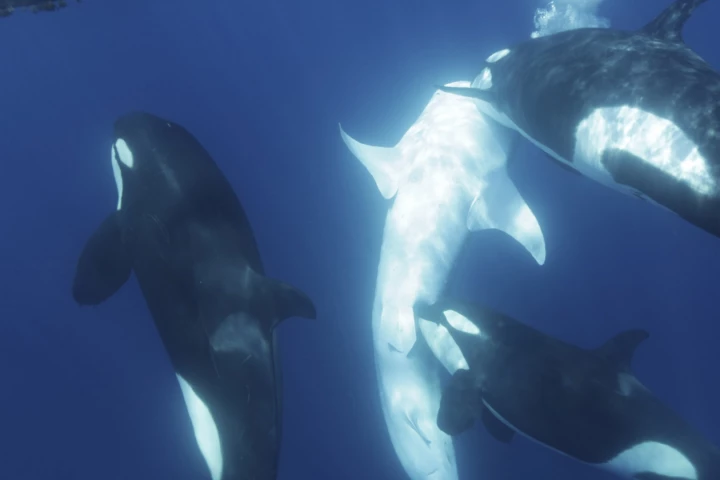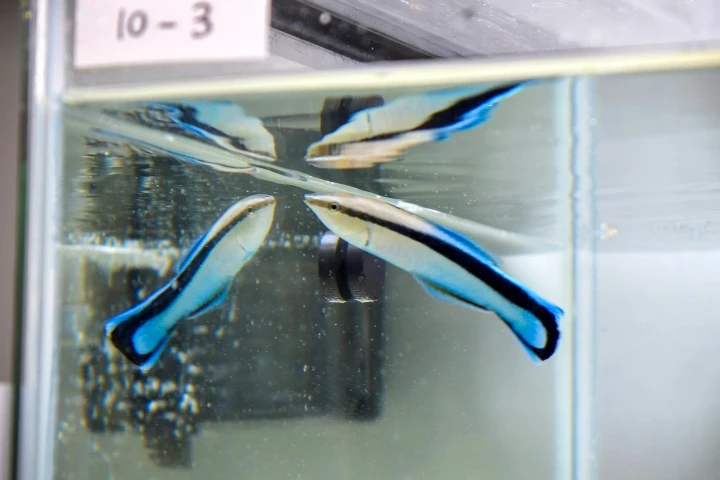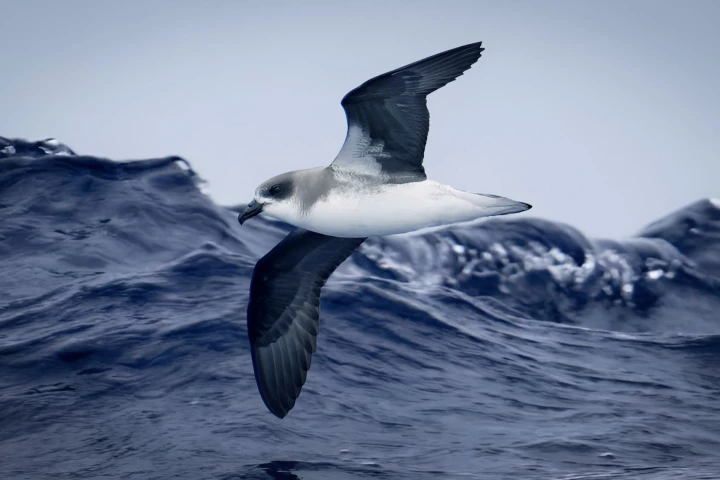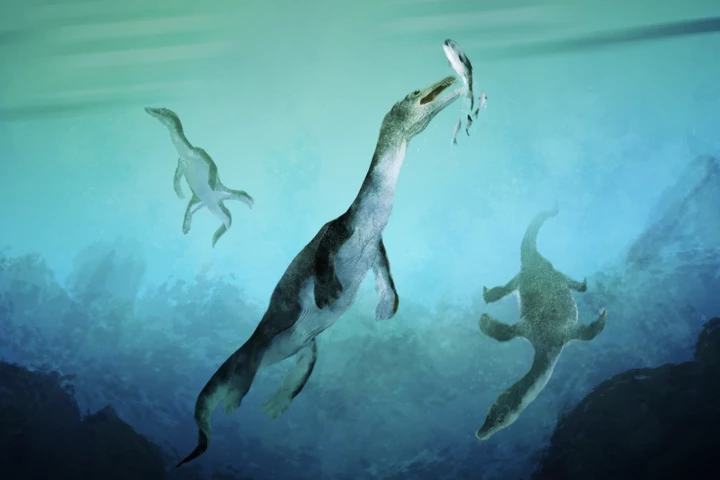Marine Biology
-
Researchers have identified a fascinating behavior in killer whales: they sometimes offer to share their prey with humans. And while the orcas haven't gone on the record to confirm it, it's likely their way of building relationships with us.
-
Killer whales have joined the rare club of animal species that craft tools out of nature and use them to their advantage. For the first time, they've been observed making a brush of sorts out of kelp and then using it on each other.
-
The oceans are losing their light – and with it, possibly their life. A new study reveals more than 20% of the Earth's ocean, an area larger than Asia, has darkened over the last two decades.
-
The sea cucumber naturally produces a sugary compound that inhibits an enzyme that’s instrumental in stimulating cancer growth, according to a new study. The next step is to find a method for producing the compound in large quantities.
-
A benzodiazepine seeping into waterways is causing young Atlantic salmon to behave strangely, with fish in the wild migrating more rapidly and taking more risks on their journey from river to ocean. It even seems to be messing up their social lives.
-
Researchers have found compelling evidence to confirm that a specific pod of clever killer whiles in the Gulf of California has developed an astonishing new skill: hunting enormous whale sharks by attacking their undersides.
-
Imagine being horribly maimed and the only way to survive was to merge your damaged flesh with another injured human. Scientists have discovered this startling ability in comb jellies, which can fuse together to share a nervous and digestive system.
-
Last year, it was discovered the bluestreak cleaner wrasse could pass the "mirror test", showing that it can recognize its own face in a mirror. Now researchers have found it can actually size itself up against a potential competitor before a fight.
-
A pigment molecule in cephalopod skin has had its antioxidant and sun-protection properties harnessed, inspiring the first ultra-protective, skin-restorative and environmentally safe sunscreen of its kind. And it could revolutionize the skincare world.
-
A daredevil seabird species has learnt to harness the insane power of hurricanes, seeking out storms over the ocean to 'ride' them for their own benefit. It's the first time this behavior has been observed, and now has scientists wondering if it's far more widespread in the avian world.
-
While you're more likely to win the lottery than become a tasty snack for a great white, shark attacks have long been a real fear for beachgoers. While attacks and fatalities look to be on the rise, scientists are yet to pinpoint exactly why.
-
A single vertebra dug out of a rock in a stream below a New Zealand mountain in 1978 has been found to have belonged to the oldest sea reptile in southern waters, where no record of these huge beasts had existed. It dates back 246 million years.
Load More
